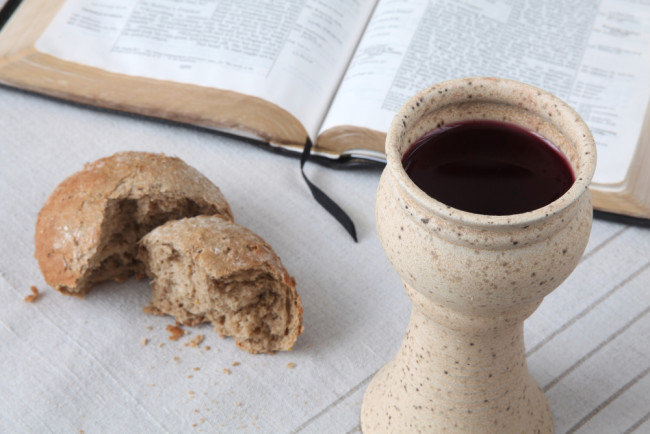The central focus for Christian liturgy is the ritual Eucharist. Traditionally Eucharist (which means “thanksgiving”) has reenacted the last meal Jesus ate with his followers before the blood sacrifice of his execution at the hands of the Romans, but with the dogmatic interpretation that Jesus died to save sinners from hell in the next life. Twenty-first century progressive Christians are concerned more with living a life of justice-compassion here and now (as Jesus taught) than reconciling with a god that demands blood sacrifice in exchange for a carefree afterlife. What is required is to act with justice-compassion in radical abandonment of self-interest. Suppose that instead of terrorizing ourselves with the Advent of violent judgment, we were to celebrate the Advent of the Christ consciousness; instead of a Eucharist mourning the personal holocaust of Jesus’s death, a Eucharist of Ordination, in which we recommit ourselves to the great work of distributive justice-compassion? We have the power, at any moment, to transform the way we live our lives. We can choose not to participate in the retributive system of imperial war and systemic injustice. We can step into the kind of ongoing parallel universe of God’s justice-compassion at any moment. We can change our consciousness, change the paradigm in which we live, whenever we have the will to do so. Jesus is not coming again. We are; and when the rare opportunity presents itself, we can break the alabaster jar in remembrance of her.









